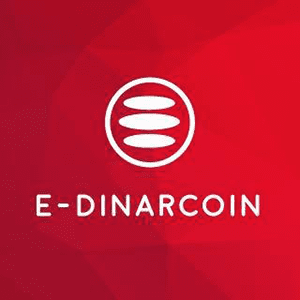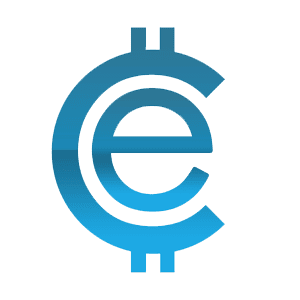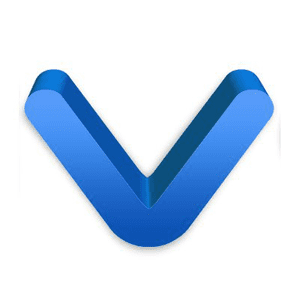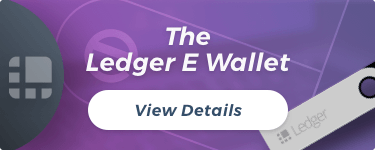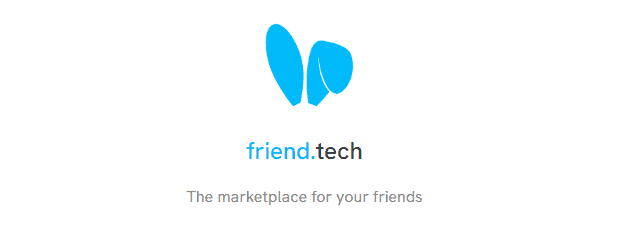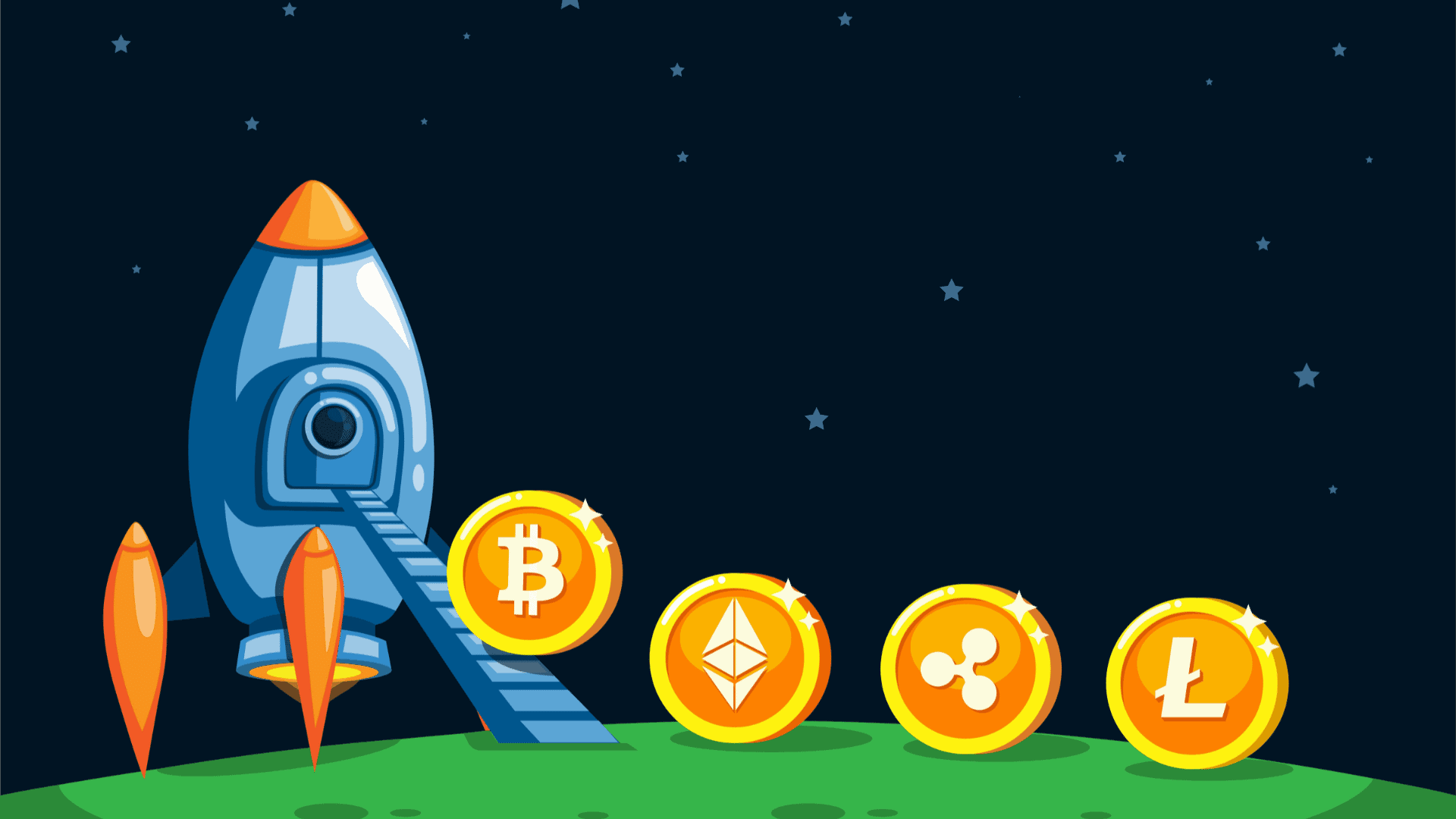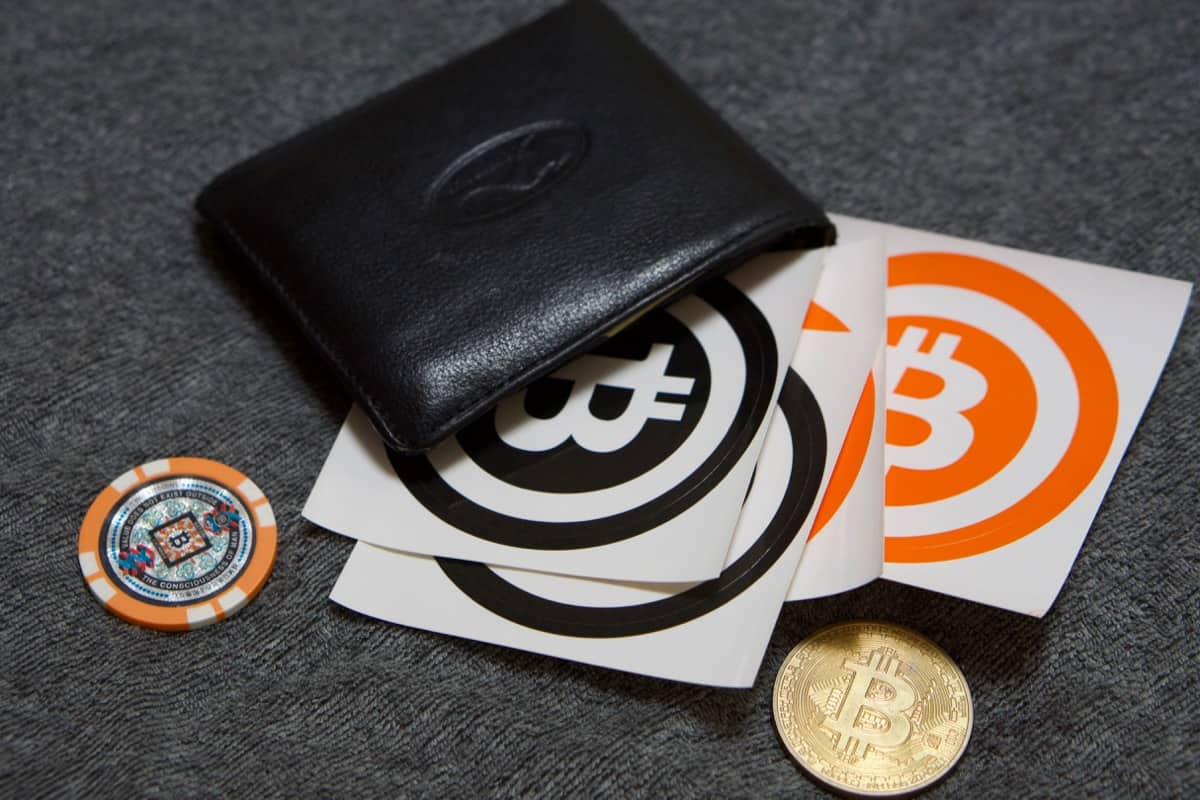
Locus Chain (LOCUS)
| Market Cap | Volume | Last Trade |
|---|---|---|
Locus Chain Details
| Built On | Launch Date | Proof Type | Max Supply | Circulating Supply | Website |
|---|---|---|---|---|---|
| 0 | 0 | NO | Platform | Block Reward | Block Time | Block Number | Net Hashes Per Sec | Locus Chain |
| 0 | 0 | Trade |
Locus Chain (LOCUS) price today is $0.0000000 USD. Trading volume was 0.00 LOCUS in the last 24 hours. Current market cap of Locus Chain is $0 USD. Locus Chain has a circulating supply of 0 LOCUS coins out of a maximum supply of 0 LOCUS coins.
An In-Depth Look at Locus Chain (LOCUS)
What is Locus Chain (LOCUS) and how does it work?
Overview
Locus Chain (LOCUS) is a next-generation blockchain technology that aims to provide a fast, secure, and scalable solution for real-world business applications. It uses a unique approach to blockchain technology, known as the Dynamic State Sharding, to achieve high transaction speed and scalability. The project was launched on May 20, 2019, and has been gaining attention in the blockchain space due to its innovative approach to solving some of the most critical issues faced by the blockchain industry.
Technical Aspects
One of the key features of Locus Chain is its use of Dynamic State Sharding, a technology that allows the blockchain to split itself into multiple shards, each capable of processing transactions and smart contracts independently of each other. This sharding technology allows the Locus Chain to process transactions at a significantly higher speed than traditional blockchain networks.
In addition to its sharding technology, Locus Chain also incorporates a new consensus algorithm known as the Account-Wise Transaction Chain (AWTC). AWTC allows each account on the Locus Chain to have its own transaction chain that is linked to the main chain. This feature creates an asynchronous processing environment that significantly increases the speed of transaction processing and reduces the load on the main chain.
To ensure the security and integrity of the network, Locus Chain uses a Proof-of-Stake (PoS) consensus mechanism, combined with Verifiable Random Function (VRF) and Byzantine Fault Tolerance (BFT). This combination of technologies provides a high level of security while maintaining the high transaction speed of the network.
Team
The team behind Locus Chain is composed of experienced professionals in the fields of computer science, cryptography, and business development. The founder of Locus Chain is Sang Yoon Lee, a seasoned entrepreneur with a background in IT and business. Lee has a track record of successful ventures in the tech industry and is known for his innovative approach to solving complex problems.
The rest of the team includes experts in cryptography, software development, and blockchain technology, all of whom have extensive experience in their respective fields. Their combined expertise and experience have been crucial in the development and success of Locus Chain.
As for partners and investors, Locus Chain has been backed by a number of high-profile entities in the blockchain and tech industry. These include companies like Chainrock, a digital asset investment firm, and Aergo, a blockchain platform for businesses.
In conclusion, Locus Chain (LOCUS) is a promising project that aims to revolutionize the blockchain space with its innovative approach to scalability, speed, and security. With a strong team backing the project and a number of high-profile partnerships in place, Locus Chain has the potential to make a significant impact in the blockchain industry.
How Does Locus Chain (LOCUS) Make Money?
Locus Chain (LOCUS) is a novel blockchain technology that has gained prominence due to its unique features and potential. This section provides an overview of how Locus Chain generates revenue.
Transaction Fees
One of the main ways Locus Chain makes money is through transaction fees. These are small charges that users have to pay whenever they make transactions on the blockchain. With the increasing number of transactions on the Locus Chain, the collected fees can amount to substantial revenue.
Staking Rewards
Locus Chain also makes money through staking. Staking involves holding a certain amount of LOCUS cryptocurrency in a wallet to support the operations of the blockchain network. In return, those who stake their LOCUS tokens are rewarded with additional tokens. This enhances the value of the tokens held by the Locus Chain platform, thus generating revenue.
Partnerships and Collaborations
Locus Chain also generates income through strategic partnerships and collaborations with other businesses and blockchain platforms. These partnerships often involve the exchange of services, technology, or resources that can bring additional value and income to Locus Chain.
Token Sales
Another significant source of income for Locus Chain is the sale of its native LOCUS tokens. These tokens are often sold during Initial Coin Offerings (ICOs) and on various cryptocurrency exchanges. The proceeds from these sales provide a significant source of income for the platform.
How Can I Make Money with Locus Chain?
There are several ways in which individuals can potentially make money with Locus Chain. However, like all investments, these methods come with varying degrees of risk and should be approached with caution.
Buying and Holding LOCUS Tokens
One of the simplest ways to make money with Locus Chain is to buy LOCUS tokens and hold them in anticipation of a price increase. As the platform grows and becomes more widely adopted, the demand for LOCUS tokens may increase, potentially leading to a rise in value.
Staking LOCUS Tokens
As previously mentioned, Locus Chain operates a staking system where users can earn rewards by holding and staking their LOCUS tokens. This not only helps secure the network but also provides an opportunity for token holders to earn additional LOCUS tokens.
Participating in Token Sales
Participating in token sales such as ICOs can also be a lucrative way to make money with Locus Chain. However, this method requires a good understanding of the project and the potential risks involved. It is also essential to note that the success of an ICO is not guaranteed, and individuals should only invest what they are willing to risk losing.
Trading LOCUS Tokens
Trading LOCUS tokens on a cryptocurrency exchange can also provide potential profit opportunities. This involves buying tokens at a lower price and selling them when the price increases. However, trading requires a deep understanding of market trends and risks, and should not be undertaken lightly.
In conclusion, Locus Chain presents several potential revenue streams, both for the platform itself and for individual investors. However, it is crucial to keep in mind that investing in cryptocurrencies involves risk, and individuals should always conduct thorough research and consider their financial situation before investing.
How Can I Buy Locus Chain (LOCUS)?
Purchasing Locus Chain (LOCUS) may seem complex if you're new to cryptocurrencies, but it doesn't have to be. With careful steps and a little patience, you'll be able to own your first LOCUS tokens. Here's a simple guide to help you through the process.
Create an Account on Bitrue
Your journey to buying LOCUS begins with setting up an account on a cryptocurrency exchange that trades LOCUS. One such platform is Bitrue. Visit the website, click on the "Sign Up" button and fill out the registration form.
Verify Your Account
Once you've filled out the registration form, Bitrue will send a verification link to your email. Click on this link to verify your account. This step is crucial in ensuring the security of your investment and personal information.
Secure Your Account
After verifying your account, the next step is securing it. Enable two-factor authentication (2FA) to add an extra layer of security. This typically involves linking your account to your phone number or a mobile app that generates unique codes.
Deposit Fiat Or Cryptocurrency
Now that your account is set and secure, it's time to deposit funds. Depending on the exchange, you can deposit either fiat currency, like USD or EUR, or cryptocurrencies like Bitcoin or Ethereum. Bitrue, for example, supports both types of deposits.
Buy Locus Chain (LOCUS)
With funds in your account, search for LOCUS in the exchange's marketplace. Decide how much you want to buy, enter the amount, and click the "Buy" button. Congratulations, you now own LOCUS tokens!
Store Your LOCUS in a Secure Wallet
The final step is moving your LOCUS tokens to a secure wallet. While it's possible to keep your tokens on the exchange, it's generally safer to store them in a wallet, especially if you're planning on holding them long term.
For a more detailed guide on how to buy LOCUS, consider visiting this page.
What are the Best Wallets for LOCUS?
Now that you've successfully purchased your LOCUS tokens, the next step is finding a safe and secure wallet to store them. The following are some of the best wallets for LOCUS:
-
MyEtherWallet: As an ERC20 token, LOCUS is compatible with any wallet that supports Ethereum. MyEtherWallet is one of these, offering a user-friendly interface and high security.
-
MetaMask: Another Ethereum-compatible wallet, MetaMask is a browser extension that allows you to interact with decentralized applications (dApps) directly from your browser.
-
Ledger Nano S: If you prefer hardware wallets, the Ledger Nano S is a great choice. It supports a wide range of cryptocurrencies, including LOCUS, and provides high-level security by storing your tokens offline.
Remember, the security of your investment is paramount. Always keep your wallet's private keys and seed phrases safe and never share them with anyone.
How Can I Find More Locus Chain (LOCUS) News?
In the fast-paced world of cryptocurrency, staying updated with the latest news and developments is crucial. For those interested in the Locus Chain (LOCUS), there are several resources available that offer comprehensive information.
Locus Chain Website
The official Locus Chain website is the primary authority for all things related to LOCUS. It provides a wealth of information, from a detailed overview of the project to the latest news and updates. Investors and enthusiasts alike can find in-depth articles, technical explanations, and community announcements that shed light on the project's ongoing developments.
Locus Chain Whitepaper
The Locus Chain Whitepaper is a must-read document for anyone seriously considering investing in LOCUS or those who want a deeper understanding of the project's technical aspects. This detailed document offers a comprehensive explanation of the project's vision, technology, and roadmap. It's an essential guide to understanding how Locus Chain intends to revolutionize the blockchain industry.
Locus Chain Twitter
Social media platforms like Twitter provide a real-time information flow, making them an indispensable resource for staying updated. The official Locus Chain Twitter account is regularly updated with news, announcements, and insights directly from the LOCUS team. By following their account, you can stay in the loop with the most recent happenings and engage with the Locus Chain community.
Coins Similar To Locus Chain (LOCUS)
For crypto enthusiasts and potential investors, it is beneficial to explore coins with similar ambitions or features as the Locus Chain. The following cryptocurrencies may be of interest:
Syscoin
Syscoin is a blockchain protocol with core features that enable you to create fast, secure, low-cost applications with ease. By integrating with Ethereum, it offers the potential for a variety of use cases. Learn more about Syscoin by visiting the provided link.
OMG Network
Formerly known as OmiseGo, the OMG Network is a subsidiary of SYNQA. The network aims to decentralize payment networks and create an open, public financial system. Visit the link above to delve deeper into the workings of the OMG Network.
Loom Network
The Loom Network is a Platform as a Service intended to allow Ethereum-based Solidity applications to be run on side chains. With the belief that all long-term useful blockchain applications will come to require a highly scalable chain or layer-2 infrastructure, Loom aims to make scaling decentralized applications faster and easier. To find out more about the Loom Network, follow the provided link.
Cartesi
Cartesi is a layer-2 platform for the development and deployment of scalable decentralized applications. Cartesi uses a Linux runtime environment which means developers can work with a vast array of mainstream software stacks. For more about Cartesi's unique approach, check out the link above.
Locus Chain Markets
| Rank | Exchange | Country | Coin Types | Fees | Trade |
|---|---|---|---|---|---|
| 1 |
 KuCoin
KuCoin
|
Seychelles | 704 Currencies including LOCUS | 2.86% - 3.90% | More info |
| 2 |
 Bitrue
Bitrue
|
Singapore | 538 Currencies including LOCUS | 0.04% - 0.4% | More info |
| 3 |
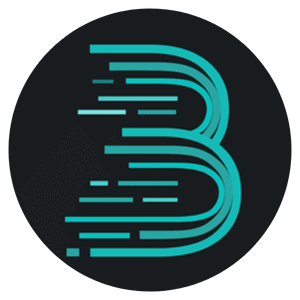 BitMart
BitMart
|
Cayman Islands | 723 Currencies including LOCUS | 0.04% - 0.4% | More info |
| 4 |
|
Unknown | 295 Currencies including LOCUS | Varies | More info |


